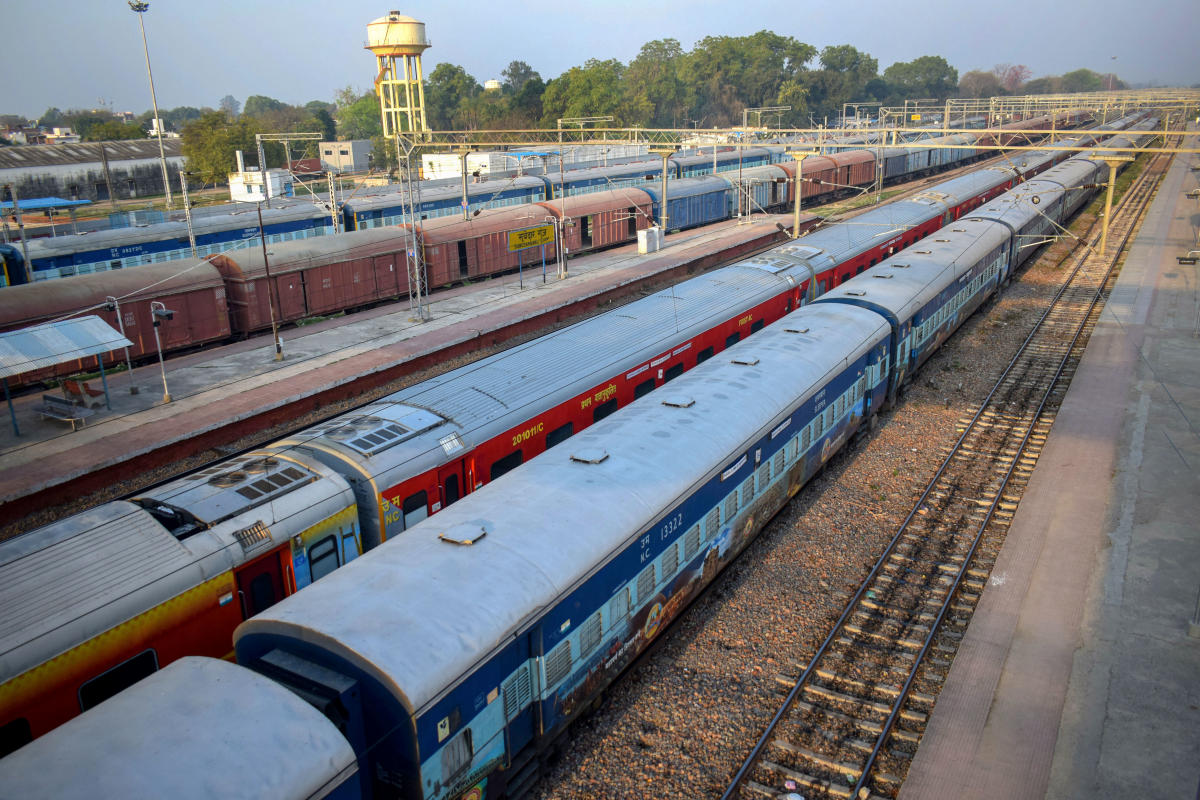The Supreme Court ruled that the railways would be liable for compensation unless they provided proof and explained why a train arrived late, establishing and proving that the delay was caused by factors beyond their control.
With this in mind, the Court upheld the order of the National Consumer Disputes Redressal Commission in New Delhi, which had confirmed the original order of the District Consumer Disputes Redressal Forum in Alwar, which had allowed the respondent’s complaint and ordered the Northern Western Railway to pay Rs. 15,000 for taxi expenses, Rs. 10,000 for bookie fees, and Rs. 5,000/- each towards mental agony and litigation expenses.
A special leave plea filed by the Northern Western Railway, which was harmed by the ruling, was heard by a bench of Justice MR Shah and Justice Aniruddha Bose. The Court noted,
“The railways were required to lead the evidence and explain the late arrival of train to establish and prove that delay occurred because of the reasons beyond their control. At least the railways were required to explain the delay which the railways failed. It cannot be disputed that every passenger’s time is precious and they might have booked the tickets for further journey, like in the present case from Jammu to Srinagar and thereafter further journey.”
In light of the facts and circumstances of the case, and in the absence of any evidence to explain the delay, the District Forum, State Commission, and National Commission were found to have correctly concluded that there was a deficiency in service on the part of the railways, for which they were liable to compensate the passenger. The Court remarked,
“These are the days of competition and accountability. If the public transportation has to survive and compete with private players, they have to improve the system and their working culture. Citizen/passenger cannot be at the the mercy of the authorities/administration. Somebody has to accept the responsibility.”
In exercising its authority under Article 136 of the Indian Constitution, the Court concluded that no interference was required and dismissed the SLP.


